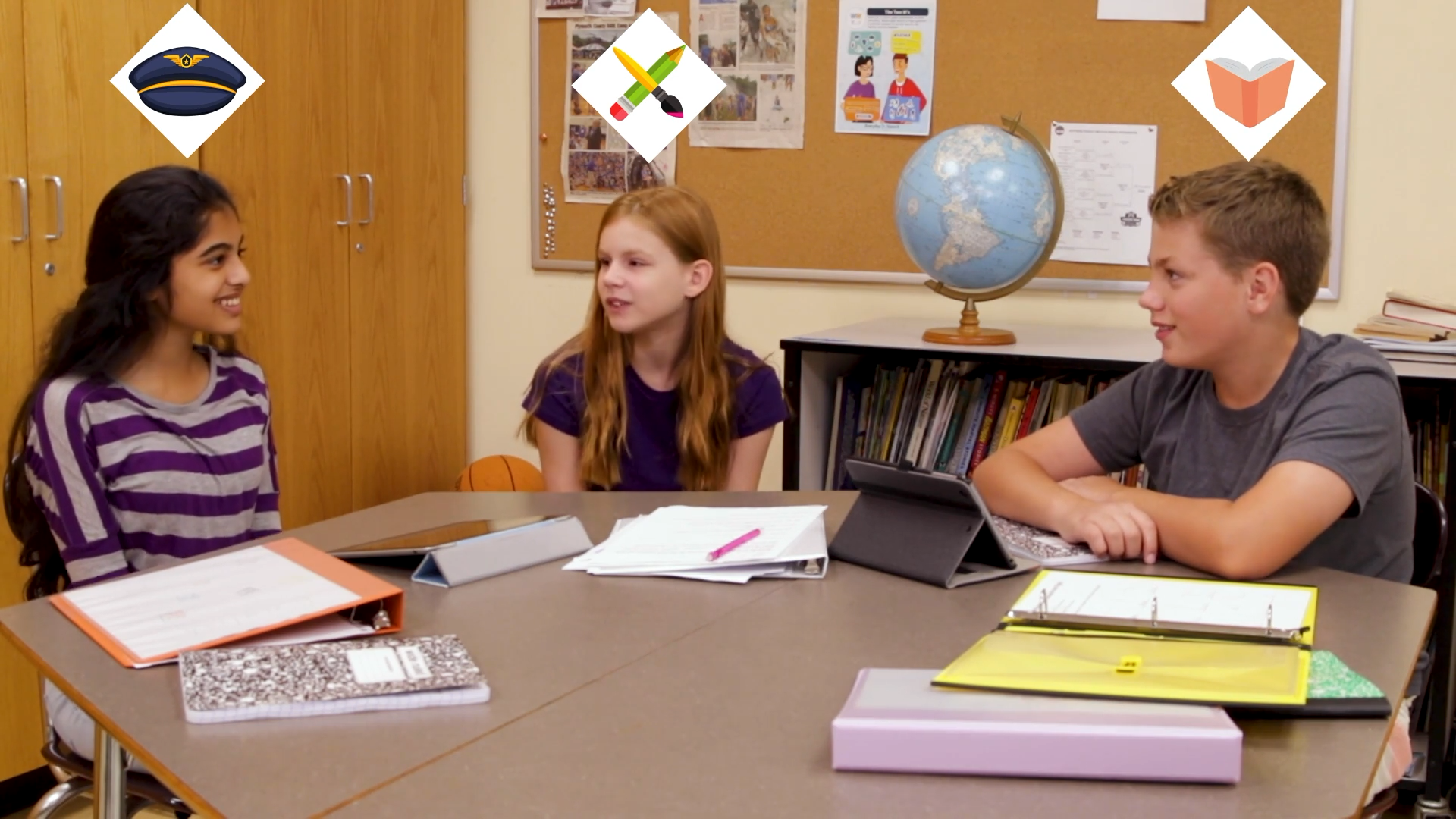
Introduction
As educators, it’s essential to teach our kindergarten students the importance of compromise as a fundamental social-emotional learning skill. Compromising is the act of giving up part of what we want to let others have part of what they want. It helps maintain harmony in our interactions and is crucial for building healthy relationships. In this blog post, we’ll explore an easy no-prep activity to teach compromise, provide discussion questions for further exploration, and mention related skills for students to develop.
No-Prep Activity: The Compromise Game
This activity requires no preparation or materials, making it an excellent choice for busy educators. Here’s how you can play the Compromise Game with your kindergarten students:
- Divide your students into pairs.
- Ask each pair to come up with two activities they both enjoy doing (e.g., playing with blocks or drawing).
- Instruct each pair to discuss and find a way to compromise by combining both activities or taking turns doing each one.
- Allow the pairs to present their compromise to the class, explaining how they found a solution that works for both partners.
- After each presentation, encourage the class to discuss how the compromise was reached and what they learned from the activity.
This engaging game allows students to practice compromising in a safe and fun environment, helping them understand the importance of finding solutions that benefit everyone involved.
Discussion Questions
Use these discussion questions to further explore the concept of compromise with your kindergarten students:
- Why is compromising important when we interact with others?
- Can you think of a time when you had to compromise? How did it make you feel?
- What are some ways we can suggest a compromise when we disagree with someone?
- Why is it important to be polite and kind when suggesting a compromise?
- How can we decide which parts of our plan we’re willing to give up and which parts are important to keep?
Related Skills
In addition to compromise, there are other essential social-emotional learning skills that kindergarten students should develop:
- Empathy: Understanding and sharing the feelings of others is crucial for building strong relationships.
- Communication: Effectively expressing one’s thoughts and feelings helps prevent misunderstandings and resolve conflicts.
- Active Listening: Paying attention to what others are saying and showing interest in their ideas fosters a sense of connection and respect.
- Problem Solving: Developing the ability to find solutions to challenges and conflicts is essential for personal and social growth.
Next Steps
Now that you have an understanding of how to teach compromise to kindergarten students, it’s time to put these strategies into practice. To help you get started, we invite you to sign up for free sample materials from Everyday Speech. These resources cover a wide range of social-emotional learning skills, providing you with the tools you need to support your students’ development.





